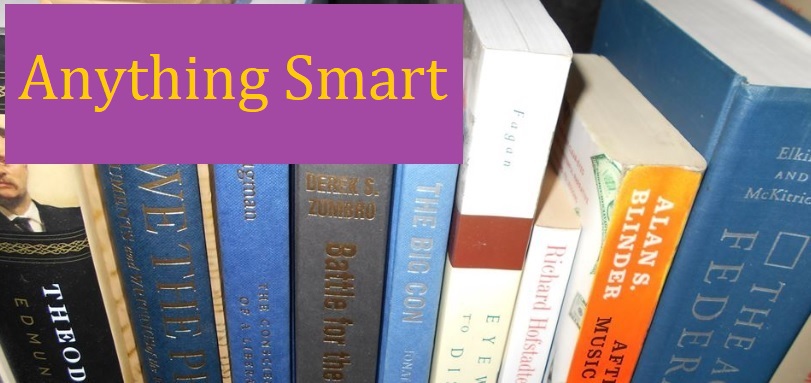To be PRACTICAL thinkers we have to be able to make reasonably good decisions without spending 12 hours per day doing research. We have to be able to do this even in areas where we don't have expertise.
How is this possible? Even if we can't expect to make PERFECT decisions - and never make a mistake - can we at least find a way to make GOOD decisions given the very limited amount of time most of us have available for research?
Let's take a look at the Senate health care bill as an example.
To be honest I don't have time to read the Senate health care bill. To be even more honest I might not understand the bill even if I did have time to read it. Still, I feel like I have to know SOMETHING about this bill. I feel like I have to know enough to decide if I should call my Senator and say "support it" or "reject it."
So what can I do? Well, what if someone with more time and expertise than I have reads the bill and reports on it? Maybe I can rely on them.... In fact, this is exactly what the Congressional Budget Office does. I feel confident the people at the CBO are smart enough to understand this bill better than I would. Of course, the CBO might make a mistake but I certainly trust them more than I trust politicians who are arguing about a partisan political issue. So using the CBO report to help me make a decision about this bill seems like a good potential strategy.
Sadly, it turns out, I don't have time to read the CBO report either! Even more sadly, I might not have the background knowledge or expertise to even understand the CBO report. So what can I do now? Can I find someone who can read the CBO report and kind of summarize it for me?
Fortunately, many newspapers and news magazines have done just that. I will turn to a magazine I like and trust: The Atlantic. I have a reasonable level of confidence in the writers at this magazine. I think they are smart and honest so let me see what they say about the CBO report.
This is what I found in the article below which reports on the CBO report for the Senate health care bill:
- The Senate health plan will increase the number of uninsured Americans by 22 million over the next 10 years.
- Premiums will go up at first but then come down to less than what they are now.
- For many people total costs will rise, however, because plans will cover less and deductibles will be higher.
- The government will save $321 billion over 10 years. (Since the federal budget is approaching $4 trillion this means we will save less than 1% of the budget.)
Summarizing what I learned from this article I get:
- Many more people without insurance
- Total costs higher
- Coverage less
- Savings negligible...
My conclusion: BAD PLAN! Try again. So now I know I should call my Senator and say "Reject this bill!" And if he says "Why?" I even have bullet points to share and a source to reference so I don't sound like an idiot.
If I have a little more time I could read a second article in another magazine to see if it basically agrees with this one. If I wanted to be very careful I could try to read one article from a liberal magazine and one article from a conservative magazine. If they both agree on certain key points about the CBO report I can probably be pretty sure that is the truth about what is in the CBO report.
In the example I am writing about in this essay I am relying on the CBO report to help me decide whether I should support the Senate health care bill or not and I am relying on one or two news articles to help me understand what is in the CBO report.
Now I admit, if I have the time and the expertise to read the whole Senate health care bill and understand it and make a decision about it then that is what I should do. If I DON'T have the time and expertise to do that then this little essay describes a way to make a reasonable decision anyway. This "shortcut" method is not perfect but it is PRACTICAL. It is certainly better than making a decision based solely on feelings or partisan speeches, certainly better than doing nothing, certainly better than throwing up my hands in despair.
So this is what I call PRACTICAL thinking: find a source you trust and understand and that you have time to read. If you have time, check it with a second source. Look at the facts presented and make your best decision.
As a final note, keep your mind open. If someone says your decision is wrong ask them why they think that. If they have good reasons, adjust your thinking accordingly. If they don't have good reasons stick to your original decision and move on to the next issue! :-)
***
Copyright © 2017 by Joseph Wayne Gadway
***
[This looks like a great book about critical thinking. If you read it before I do please send me a review I can publish here at Anything Smart.]
[If you want to support Anything Smart just click on book links like the one below to buy your books. Anything Smart will receive a commission. Thanks!]
***



